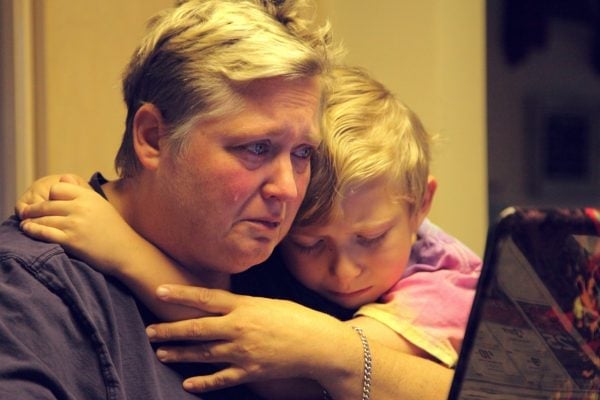
The past few months of our lives have been marked by an unwavering sense of uncertainty.
Since the COVID-19 pandemic reached our shores, the lives of thousands of people have been upturned in unimaginable ways.
Thousands have lost their jobs. Hundreds have fallen ill. And for almost all of us, it’s been a long time since we’ve felt a sense of normality.



